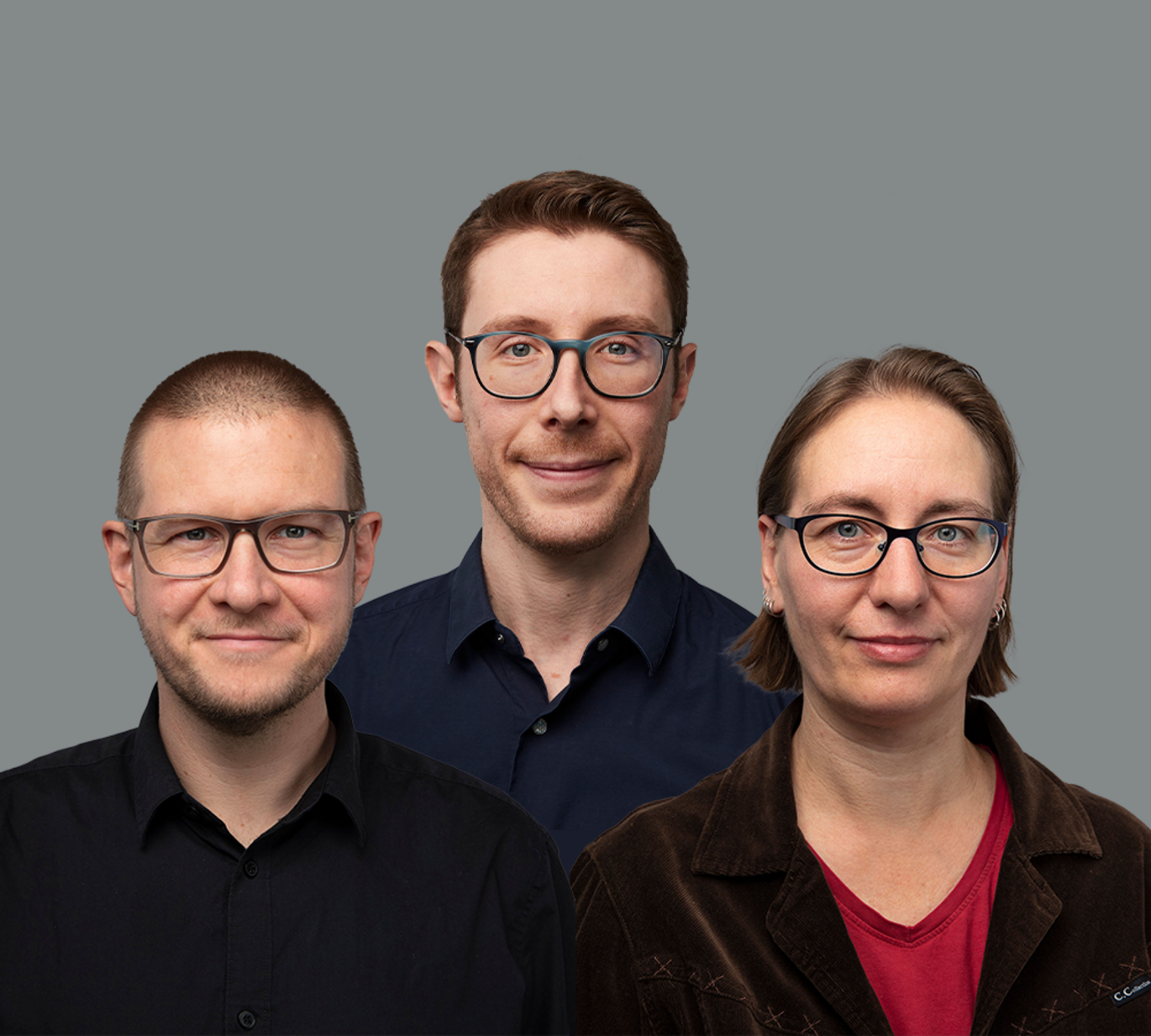AUFF NOVA Project Talks by Ira Assent, Davide Mottin, and Clemens Nylandsted Klokmose

Oplysninger om arrangementet
Tidspunkt
Sted
InCuba Store Aud, Building 5510 room 103
Ira Assent & Davide Mottin
Title:
Graphs aGAIn
Abstract:
One algorithm to rule them all, one IPU to find them, two graphs to bring them all and in the darkness match them. We have found a secret recipe to shatter any previous attempt to match two graphs, by using a futuristic technology and smart algorithms. In this talk, we will present our ideas to how we plan to change the world.
Clemens Nylandsted Klokmose
Title:
DECLARE: Declarative Programming of Interaction in Computational Media
Abstract:
Computational media is a promising software paradigm that blurs the boundary between users and programmers. It has the potential to become a catalyst for a more digitally literate society. The most popular example is the computational notebook realized in software such as Jupyter and Observable. They allow mixing text and media with executable code and are used for open science, data journalism, machine learning, and more. Modern computational media apply conventional imperative programming languages such as Python or JavaScript. These languages work well for algorithmic tasks such as data processing but expressing interactive behavior in user interfaces is hard. Users are forced to express how interactivity is realized with logic that is removed from how we would articulate it linguistically. This prohibits the typical notebook user who does not have the same training as a professional programmer from turning their notebooks into useful and shareable interactive software; be it an interactive lab protocol, a dashboard for an experimental setup, or a tool to teach in silico molecular design. It is a creative barrier and users have to use a fixed set of elements or visualizations implemented by expert programmers to make their notebooks interactive. DECLARE will demonstrate a new declarative approach to programming that can make programming of interactivity accessible to a fast-growing group of non-professional programmers, scientists, in their tool of choice, the computational notebook. This will allow them to make shareable interactive software without the assistance of professional programmers and immensely increase their benefit of interactive computing as a medium to communicate and do science.
